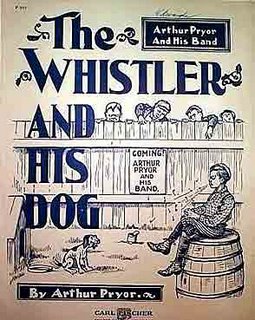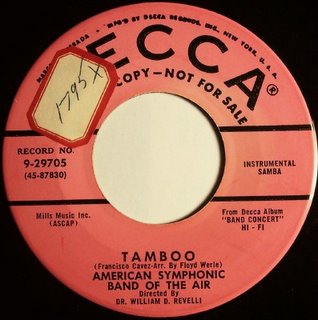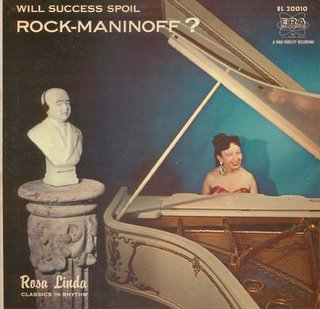The Roots of The Three Suns
Actually, I hate the term "roots." I'll have to be honest. Part of the reason I hate "roots" is because it's ambiguous. Does it mean "the foundation of" or "a precursor to"? Both meanings pop up all of the time in music reviews, which is why I consider it sort of a joke term. But it's such a standard one, I can't resist using it. Only my psychiatrist knows for sure, and he's forbidden me to come back. "You're crazy!" he yelled, as he kicked me out of his office.
Enough weirdness. Unless we find it strange that The Three Suns' sound preceded them. And it did, by a number of years. Proof: Jesse Crawford's highly-TS-sounding A Precious Little Thing Called Love, from 1929. I don't know who the other guys are....
A Precious Little Thing Called Love, Jesse Crawford, organ. 1929.
More Three-Suns-esque sounds from organist Lew White--don't know who's on the xylophone. This dates from the earliest period of The Three Suns, but White had been doing this for a while. I'm trying to get my paws on White's late-1920s/early-1930s material:
The Whistler and His Dog (Arthur Pryor, 1905), Lew White, 1941.
And here's Lew White with two musical helpers--this one is way Three Suns. And, just between you and me, it also sounds way pre-1941, but that appears to have been the year:
The Wedding of the Painted Doll (Freed-Brown, 1929), Lew White, 1941.
Hopefully, I can land a copy of White's 1929 Brunswick recording of Doll....

The original sheet music cover for The Whistler and His Dog, courtesy of http://www.angelfire.com/ny/nyuk/whistler.html
Lee
Enough weirdness. Unless we find it strange that The Three Suns' sound preceded them. And it did, by a number of years. Proof: Jesse Crawford's highly-TS-sounding A Precious Little Thing Called Love, from 1929. I don't know who the other guys are....
A Precious Little Thing Called Love, Jesse Crawford, organ. 1929.
More Three-Suns-esque sounds from organist Lew White--don't know who's on the xylophone. This dates from the earliest period of The Three Suns, but White had been doing this for a while. I'm trying to get my paws on White's late-1920s/early-1930s material:
The Whistler and His Dog (Arthur Pryor, 1905), Lew White, 1941.
And here's Lew White with two musical helpers--this one is way Three Suns. And, just between you and me, it also sounds way pre-1941, but that appears to have been the year:
The Wedding of the Painted Doll (Freed-Brown, 1929), Lew White, 1941.
Hopefully, I can land a copy of White's 1929 Brunswick recording of Doll....

The original sheet music cover for The Whistler and His Dog, courtesy of http://www.angelfire.com/ny/nyuk/whistler.html
Lee




